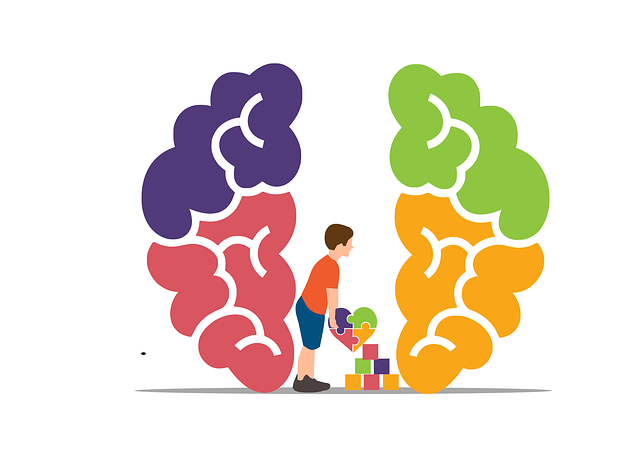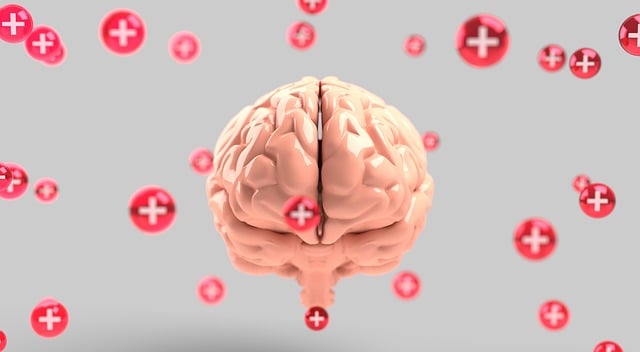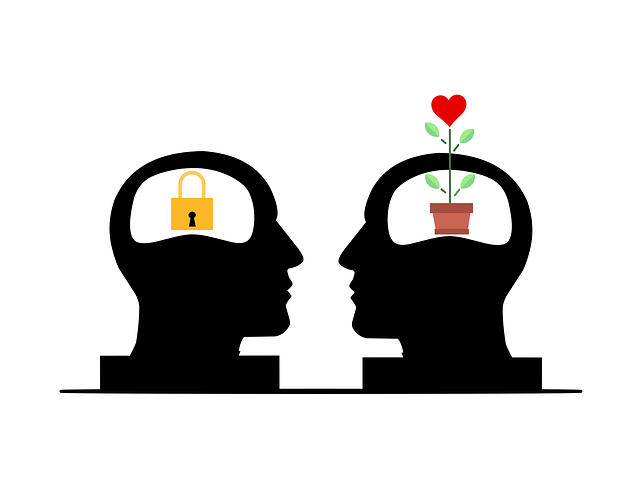Emotional intelligence (EI) training is transforming therapy for adult veterans, addressing unique emotional challenges from military service and the transition to civilian life. Tailored sessions focus on stress management, communication skills, and building resilience through mindfulness meditation and mental wellness journaling. This approach equips veterans with tools to cope with PTSD and TBI, improves recovery outcomes, aids risk assessment, and fosters a more stable and fulfilling post-military life for both military and civilian veteran communities.
Emotional intelligence (EI) is a powerful tool for veteran wellness, especially for those transitioning from military to civilian life. This article explores EI’s impact on adult veterans, delving into the unique challenges they face in expressing emotions and offering strategies for enhancing EI through therapeutic interventions. We discuss long-term benefits, emphasizing how building EI can foster resilience, improve mental health, and enhance overall quality of life for veterans. Discover effective therapy approaches tailored to address the specific needs of adult veterans.
- Understanding Emotional Intelligence and its Impact on Veterans
- Challenges Faced by Adult Veterans in Expressing Emotions
- Strategies for Enhancing Emotional Intelligence in a Therapeutic Setting
- Long-Term Benefits of Building Emotional Intelligence for Veteran Wellness
Understanding Emotional Intelligence and its Impact on Veterans

Emotional intelligence (EI) is the ability to recognize, understand, and manage one’s own emotions, as well as recognize, interpret, and influence the emotions of others. For veterans, who often face unique challenges such as post-traumatic stress disorder (PTSD), traumatic brain injuries (TBI), and social adjustments, developing emotional intelligence can be transformative. Therapy for adult veterans is increasingly incorporating EI training to help them cope with their experiences and improve their overall well-being.
By fostering positive thinking and enhancing communication skills, emotional intelligence can aid in the recovery process. This is especially pertinent in the context of mental health policy analysis and advocacy, where understanding a veteran’s emotional landscape is crucial for developing effective support systems. Risk assessment for mental health professionals also benefits from EI, as it enables them to better comprehend and address the complex emotional needs of veterans, ensuring more holistic care within the military and civilian communities.
Challenges Faced by Adult Veterans in Expressing Emotions

Many adult veterans face unique challenges when it comes to expressing their emotions due to the demanding and often traumatic nature of military service. Post-traumatic stress disorder (PTSD), for instance, can significantly impact an individual’s ability to process and articulate feelings, leading to a barrier in open communication. The transition from a structured military environment to civilian life also presents difficulties. Veterans may struggle with adjusting to new social norms, which can make expressing emotions in everyday interactions feel uncomfortable or even frightening.
Therapy for adult veterans plays a pivotal role in helping them navigate these challenges. Through specialized therapy sessions, veterans learn effective communication strategies and stress management techniques. These therapies encourage self-awareness and emotional expression, fostering a sense of confidence and control over their emotional well-being. By addressing the specific needs of veterans, therapy enables them to build resilience, improve relationships, and successfully reintegrate into civilian life while managing any lingering emotional scars.
Strategies for Enhancing Emotional Intelligence in a Therapeutic Setting

In a therapeutic setting, especially when catering to Adult Veterans, enhancing emotional intelligence involves tailored strategies that address unique challenges faced by this demographic. One effective approach is integrating coping skills development within therapy sessions. By teaching veterans practical tools to manage stress and emotions, therapists empower them to navigate life’s complexities with greater ease. This process includes techniques for mindfulness, relaxation, and emotional awareness, which are crucial for maintaining mental health and stability.
Furthermore, resilience building is a cornerstone of emotional intelligence development in therapy. Through structured programs, veterans can cultivate a growth mindset, enabling them to adapt and bounce back from adversities. Therapists facilitate this by helping clients identify personal strengths, fostering a sense of purpose, and providing strategies for mood management. Such interventions not only support veteran’s emotional well-being but also contribute to their overall reintegration into civilian life.
Long-Term Benefits of Building Emotional Intelligence for Veteran Wellness

Building emotional intelligence (EI) offers long-lasting benefits for veteran wellness, particularly in the realm of therapy for adult veterans. By enhancing their ability to recognize, understand, and manage their emotions, veterans can experience improved mental health awareness and overall well-being. This skill set enables them to cope more effectively with the challenges unique to military service, such as trauma and stress.
One effective approach within therapy for adult veterans is incorporating mindfulness meditation and mental wellness journaling exercises guidance. These practices help veterans cultivate self-awareness, emotional regulation, and resilience. Regular journaling can serve as a safe space to reflect on experiences, process emotions, and track progress in managing mental health. Mindfulness meditation, meanwhile, teaches the art of staying present, reducing reactivity to difficult emotions, and fostering a greater sense of calm. Ultimately, these tools contribute to a more balanced and fulfilling life for veterans, both within and outside their personal journeys towards wellness.
Emotional intelligence (EQ) is a powerful tool for enhancing the wellness and overall well-being of adult veterans. As this article has explored, understanding EQ and its impact on veterans is essential in addressing the unique challenges they face. By implementing strategies to boost emotional intelligence in therapeutic settings, professionals can help veterans navigate and express their emotions more effectively. The long-term benefits are significant, promoting improved mental health, stronger relationships, and increased resilience—all crucial aspects of veteran wellness. Integrating EQ development into therapy for adult veterans is a game-changer, offering a path towards healing and a brighter future.














